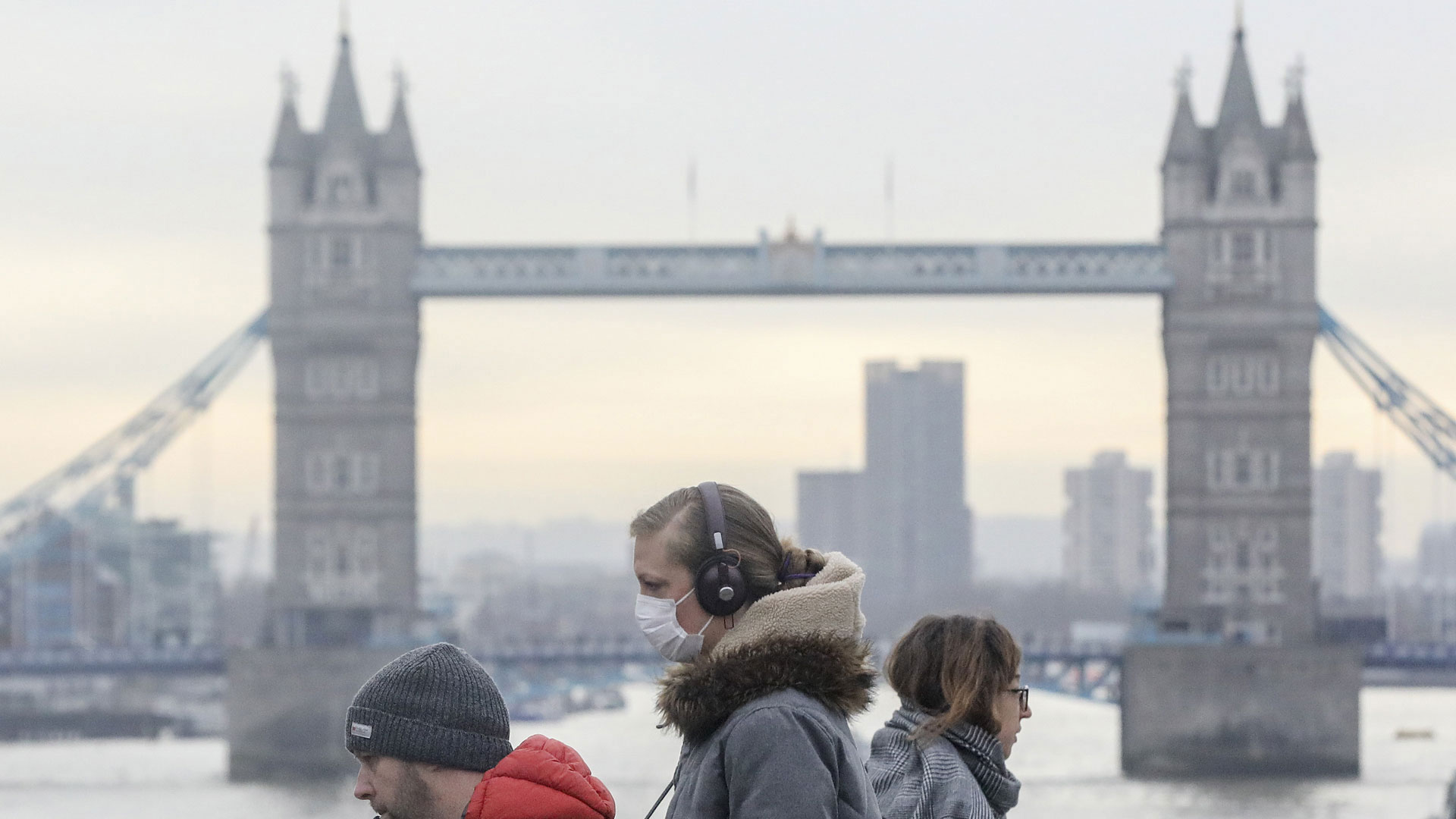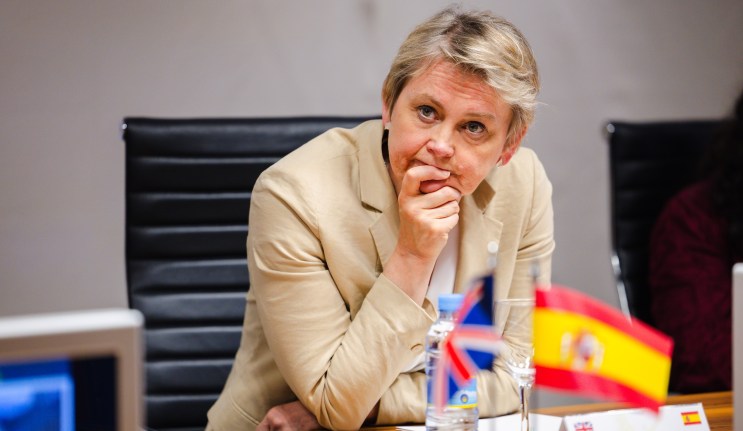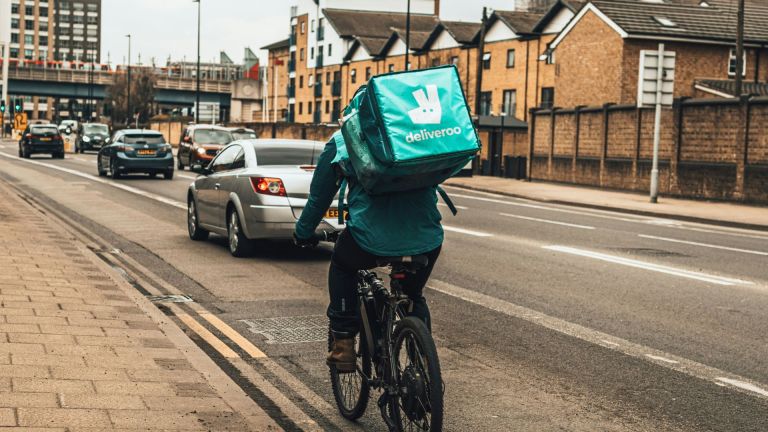A complete reinvention of business meant it was seen increasingly as only workable if it aided people in its communities, and benefited its workers and not simply its shareholders. Governments insisted that businesses upped people’s skill base and did not simply make profits out of the working poor, as so many did before the curfew took off. Fluffy businesses that did nothing for the community but give zero hours contracts and gig economy conditions to the working poor got thrown out.
National organisations to protect the environment, not simply to talk about big targets, looked upon every piece of trash, every plastic unrecycled bottle, as an insult to us all.
And most of all bringing up children, looking after the old and infirm and caring for the distressed and isolated were looked upon as a growth industry. Nursing and caring and nurturing the young and old became so important to us all that those who did it were paid as well as could be expected given the importance of their role.
At last we all realised, government and school caretaker, nun and bus driver, school teacher and city trader, that there was nothing that we couldn’t do
Of course the big ‘dawn raiders,’ those that trade in the UK but don’t pay taxes in the UK (“if you trade here you pay here,” said Mr Johnson stridently in Parliament one day recently), were stopped from their legalised filching.
Homelessness was removed from the streets and sofas and B&Bs and hostels of the UK, with therapeutic communities created, places of safety and health where the demons that broke people to fall into homelessness were addressed.
A war was declared on ignorance and reactionary attitudes towards each other, irrespective of what race or religion or ethnicity we represented, if for no other reason than the clear demonstration of the power of the ALL in the Covid crisis. The unity of street, hospital, warehouse, farm, mosque, synagogue, temple, gurdwara, church or chapel.
Advertising helps fund Big Issue’s mission to end poverty
More than anything, the social integration of young and old, ill and healthy, brought a deep sense of the preciousness of ALL human life, and not simply the few, the wealthy and the outrageously over-provided few.
Education, support for families in need to break the cycle of their poverty, support for families that did their best but were constantly under the cosh of need, all became national and community priorities.
We raised up our eyes to the legacy we’re leaving for our descendants, to think today for tomorrow in the interests of our children
Children were educated in the social need that was their responsibility, as it would be for all generations. Class divisions would be broken up, wealth would be more evenly allocated.
At last we all realised, government and school caretaker, nun and bus driver, school teacher and city trader, that there was nothing that we couldn’t do, not just that we had been through the terrible reality of all of those deaths, and all of the suffering left in its wake. We would not turn away from the “All for one, and one for all” education that we had just passed through.
And at last we raised up our eyes to the legacy we’re leaving for our descendants, to think today for tomorrow in the interests of our children, our grandchildren and generations to come; we became the good ancestors they have the right to expect and we prevented a tidal wave of problems from sluicing down to engulf them.
Poverty, ignorance, need, hatred, bitterness and loneliness were banished because we had been through such a vast life-shattering, Earth-changing, humane-creating experience that nothing would be the same again.
Advertising helps fund Big Issue’s mission to end poverty
Once upon a time, once upon a time: let’s hope the above is not simply left as a fiction.
John Bird is the founder and Editor in Chief of The Big Issue











